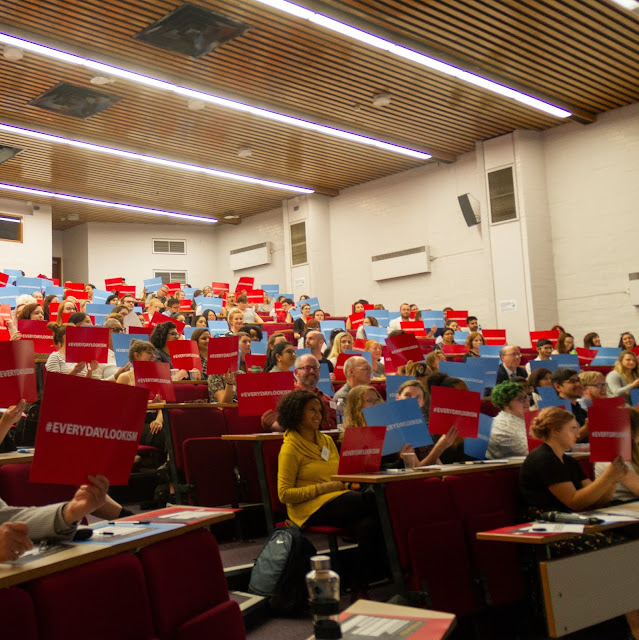Body Negativity: What’s wrong with Body Positivity?

Body positive campaigns have their hearts in the right place. Their messages are good and – you guessed it – positive: Be resilient. Be confident. Love your body. You are beautiful. All bodies are beautiful. These campaigns work for some. Some respond well and do feel more confident. If they work for you, go for it, fantastic and I’m all for it. I am not suggesting we shouldn’t teach resilience, we should. But we should not see it as the answer, we should recognise it is limited. Resilience can be counter-productive. If resilience is something you should do then you feel bad if you can’t quite manage it. What if you are not body confident, what if you don’t feel positive about your body? It is hard to be resilient in the face of a dominant and powerful beauty ideal. In a visual and virtual culture, our bodies are ourselves. Feeling ashamed of our bodies really is being ashamed of our selves. If we are feeling shame, telling us we shouldn’t feel like we do can make it wor
